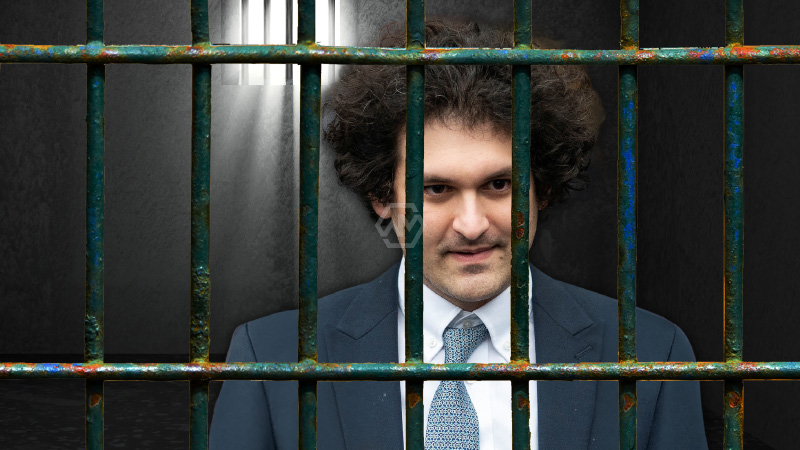On February 16, federal judge Lewis Kaplan threatened to withdraw the bail of Sam Bankman-Fried, the expelled founder of FTX. According to a Bloomberg story, that is if the erstwhile crypto wunderkind doesn’t consent to stricter limitations placed on his usage of electronic devices, apps, and internet access.
During the court hearing, Bankman-attorney Fried’s referred to Kaplan’s suggestion as “draconian” while conceding that his client is “on trial for his life” and has “no margin for error.”
Judge in Bankman-Fried Threatens Jail
The hearing wasn’t about revoking bail, but according to the judge, “it could go there someday.” Bankman-Fried and his counsel have been arguing with government prosecutors over the conditions of the 30-year-$250 old’s million bond release, PYMNTS reported on February 15th.
Federal authorities have previously shown proof that the former executive in the crypto industry communicated with the FTX US general counsel via the encrypted messaging service Signal.
When Bankman-Fried used Signal to get in touch with the general counsel of FTX US, a witness in the case, Mark Cohen, the attorney representing Bankman-Fried, said that this was “just an innocent endeavor to provide help in FTX’s bankruptcy proceedings and does not indicate misbehavior that merits the restriction the Government imposes here.”
- Federal judge Lewis Kaplan threatened to withdraw the bail of Sam Bankman-Fried.
- Bankman-Fried violated the limits when, after being told not to utilize encrypted services.
- The judge granted both sides until February 24 to make any requests for changing the bond amount.
Everything appeared to be going smoothly—at least until Bankman-erroneous Fried’s use of a virtual private network (VPN) to access the internet twice re-started the back-and-forth discussions on the terms of his house arrest.
Bankman-Fried violated the limits when, after being told not to utilize encrypted services, he at least once used a VPN to browse the internet anonymously, according to Judge Kaplan. According to Bankman-attorney, Fried’s client solely utilized VPN to access the Bahamas website to which his account is linked to watching the NFL playoffs and Super Bowl. Kaplan was having none of it.
By using a VPN, Kaplan, quoted by Bloomberg, was giving the impression he was checking out this international subscription from outside the United States while he was actually sitting in California.
Kaplan also asked the defense to retain a consultant to give him advice on how to deal with the more complex concerns surrounding what Bankman-Fried would be able to accomplish when anonymously accessing the internet. VPNs conceal users’ IP addresses and encrypt their data.
One day after it was revealed that two Stanford faculty members, former law school dean Larry Kramer and computer scientist Andreas Paepcke, were the mysterious guarantors who co-signed Bankman-bail Fried’s bond, putting an end to weeks of churning rumors, the latest drama in the Bankman-Fried fraud case has just begun.
The judge granted both sides until the end of the next week (Feb. 24) to make any requests for changing the bond amount.



